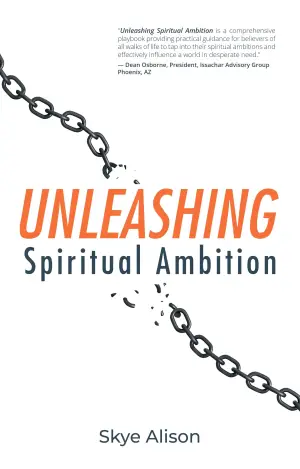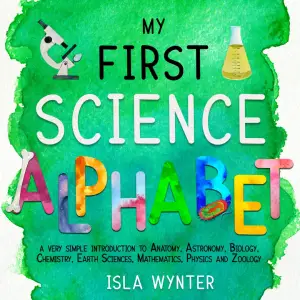The Language of the Birds: A Journey Beyond Words
From the moment I stumbled upon K.A. Merson’s debut novel, The Language of the Birds, I felt an undeniable pull—the promise of a literary adventure rich with cryptic puzzles and emotional depth drew me in like a moth to light. As someone who has often felt caught between the intricate worlds of facts and fiction, I was eager to see how Merson would weave these threads together in a way that could both challenge and enchant me.
At its heart, The Language of the Birds tells the story of Arizona, a seventeen-year-old puzzle enthusiast facing the most daunting mystery of her life: the abduction of her mother. When her family Airstream is ransacked during a trip, Arizona’s world shifts dramatically. The arrival of a cryptic note propels her into a whirlwind chase through history and ancient lore, utilizing the enigmatic clues left by her deceased father. The stakes couldn’t be higher as Arizona, alongside her loyal dog Mojo, decodes hidden messages and battles her own internal struggles—transforming the hunt for her mother into a profound journey of self-discovery.
Merson beautifully captures the essence of what it means to navigate grief, isolation, and connection—Arizona is not your conventional hero. She is quirky and whip-smart, her emotional vulnerability cleverly cloaked behind layers of intellect. The dynamic between Arizona and her best friend, Lily, provides a refreshing balance to the narrative—a grounding force against Arizona’s sometimes frantic intellectual pursuits. Meanwhile, Gordon, the morally complex antagonist, enriches the tension, challenging our perceptions of what drives people to villainy.
The writing style is a revelation. Merson balances lyrical prose with clear, engaging storytelling, keeping the pacing brisk without losing the reflective pauses that invite readers to ponder their own understanding of the world. The book’s division into five parts mirrors classical storytelling, hinting at deeper structural elegance that resonates throughout the narrative. The seamless integration of historical references—from Herbert Hoover to alchemical texts—adds layers that elevate the reading experience beyond mere entertainment into something intellectually rewarding.
I found myself deeply engaged with the symbolism threading through the story. The titular "Language of the Birds" signifies a longing for lost communication and heavenly truths, challenging us all to seek meaning beyond spoken words. The exploration of alchemy as a metaphor for personal transformation resonated with my own desire for growth—Arizona’s struggles mirrored the trials we all face when navigating loss and the quest for understanding.
However, the novel isn’t without its rough edges. Occasionally, Arizona’s internal monologues delve deep into expository territory, which might slow the pace for some readers. Furthermore, while her relationships provide substantial emotional grounding, I wished for a bit more exploration of her parents, particularly her mother, who feels more like a narrative device than a fully fleshed character.
Nonetheless, The Language of the Birds is not your typical YA read—it’s a treasure map of mysteries and emotions that invites readers to decode their own layers of meaning along with Arizona. Fans of intellectual challenge and lyrical prose will find a kindred spirit in Merson’s work.
In concluding my reflection on this intricate debut, I feel compelled to share that the reading journey transformed my perspective on searching for truth in a chaotic world. If you’re someone who delights in a cerebral chase intertwined with rich emotion and symbolic depth, The Language of the Birds is a novel you’ll want to embrace wholeheartedly. It reminds us that the most profound mysteries often lie waiting just beneath the surface, inviting us to unlock the secrets ourselves.
Discover more about The Language of the Birds on GoodReads >>





